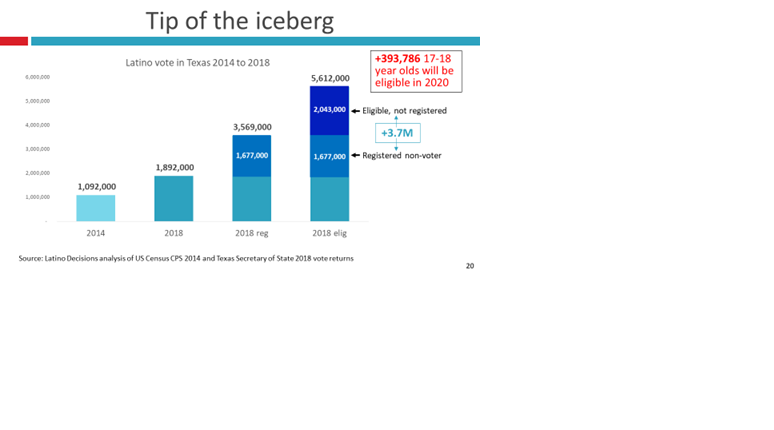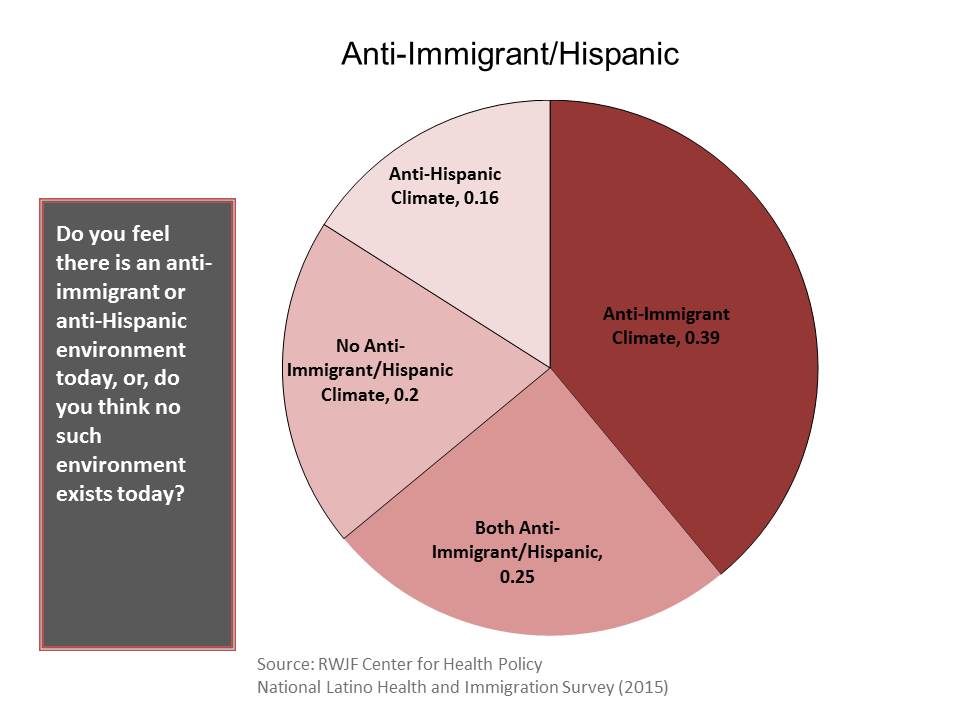After Arizona legislators passed SB 1070, Republican Governor Jan Brewer signed the bill into law with dramatic flair. She called a press conference, described the law that “firmly represents what is best for Arizona” and offered her “unwavering signature on this bill” before a nationally televised audience. The law requires local authorities to investigate the immigration status of individuals they suspect are not legally in the United States. In the state of Arizona police duties now include asking anyone they think is an undocumented immigrant to prove their right to be in the United States. Those that cannot provide satisfactory evidence will be arrested. The public is very interested to know how Arizona law enforcement will implement this policy that places the burden of proof on the “seemingly undocumented”. In contemporary parlance, online searches for “Arizona immigration law” have been a very popular Google search item, registering rates of interest usually reserved for celebrity scandal.
English language news has focused on the partisan implications – and indeed these are important. Many Non-Latinos, Democrats and Republicans alike, have expressed frustration with this law. But, lets take a moment to consider the people most affected by this law instead of national party chairs, candidates and talk show hosts.
What about the Latinos?
Months prior to Arizona’s dramatic action, LD researchers found 81% of Latinos wanted the federal government to pass national immigration policy reform. Safe to say the Arizona brand of reform is not what they had in mind. The national Democratic Party policy queue placed health care, banking and the environment ahead of immigration reform. Only two months ago, a national study of Latinos in the US showed the vast majority think they are not welcome in the Republican Party. Arizona SB 1070 reifies this perception while simultaneously establishing the state reputation as outwardly hostile toward Latinos. Media outlets frequently make a parallel between Arizona SB 1070 and the state’s refusal to recognize Martin Luther King, Jr. Day until the NFL pulled the Super Bowl from the state.
Missing in the national discourse is the effect this law has on the lives of Latinos and the intrusive aspects that make it offensive. Latino citizens are viewed as collateral damage in this quest to rid the state of unauthorized immigrants – “attrition by enforcement” as the law specifies. The idea that state lawmakers think it is “best for Arizona” to have this law that allows police to require that an American citizen — who has committed no crime — prove their suspicion wrong is antithetical to individual liberty and freedom.
There remain segments in the public, including many Arizona elected officials and their supporters, that believe President Obama is not American citizen, and that his birth certificate is a fake. If the President of the United States and all the resources that come with the Office have been unable to produce documentation that is sufficient to quell this suspicion, it seems highly improbable that the average Mexican-looking US citizen in Arizona will have superior evidence of legitimate citizenship. One may produce a passport, naturalization documents or birth certificate (recall, a driver license does not prove citizenship, it proves permission to drive) but, authorities have discretion to discount document validity.
Perhaps the governor can provide a dress code for parents to consider so that their children and teenagers don’t dress in a way that sets off suspicion. They may also consider a hand out on “how to talk to your child about proving they are American”. What should parents tell their children and teens to say and show the police if they are asked for proof of citizenship? Most teens and kids do not carry passports or birth certificates on them, so what is the best manner to proceed?
Latino political choices will be shaped by Arizona SB1070. Public scolding and statements of disapproval will not mobilize the electorate though. Rather, the party and candidates that level policy challenges to the disrespect and indignities that have been authorized by this state government will have many allies for many election cycles to come.
Dr. Sylvia Manzano is Assistant Professor of Political Science at Texas A&M University. She received her Ph.D. from the University of Arizona, where her son was born, in Tucson, AZ.


